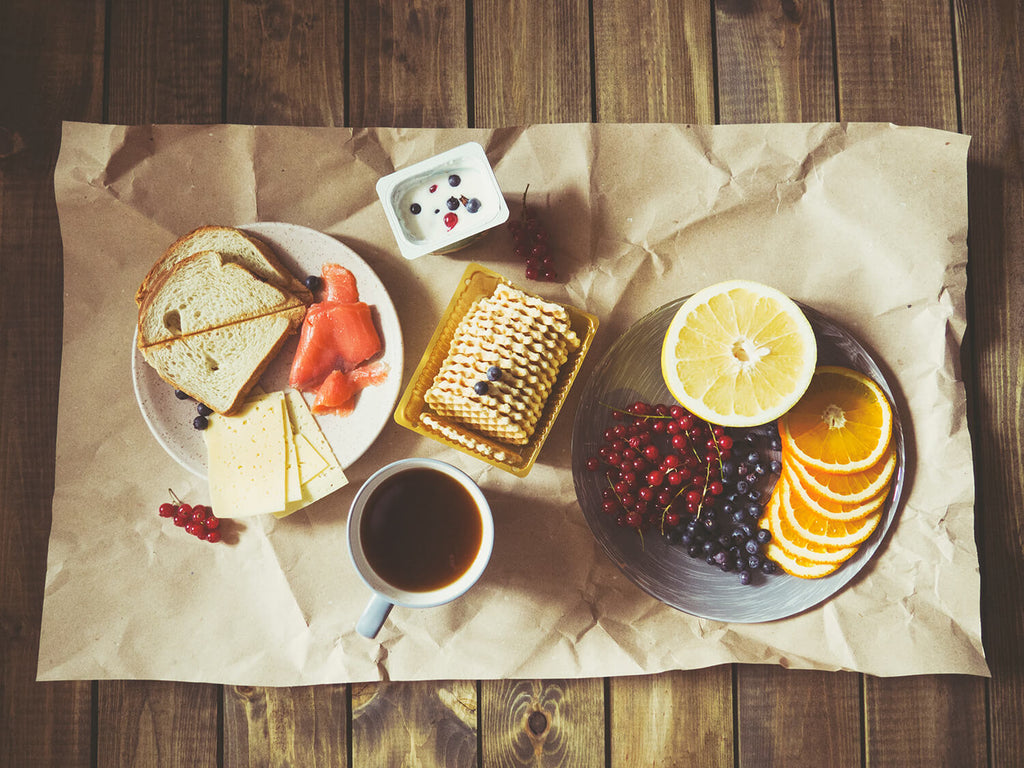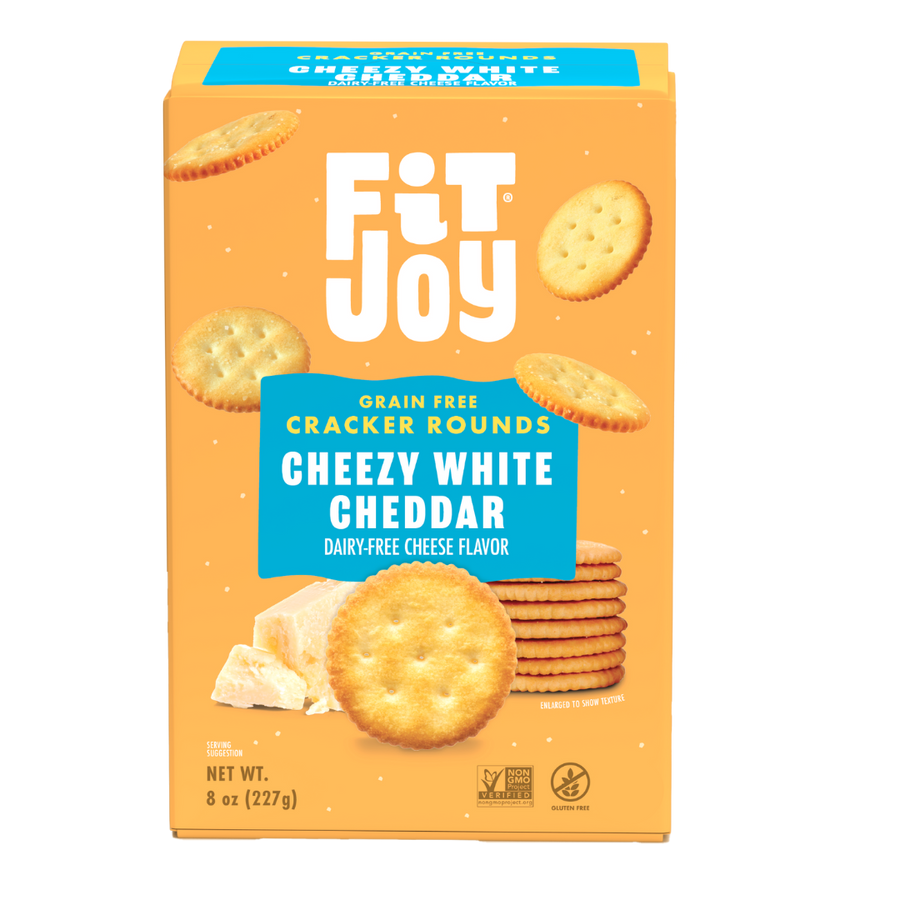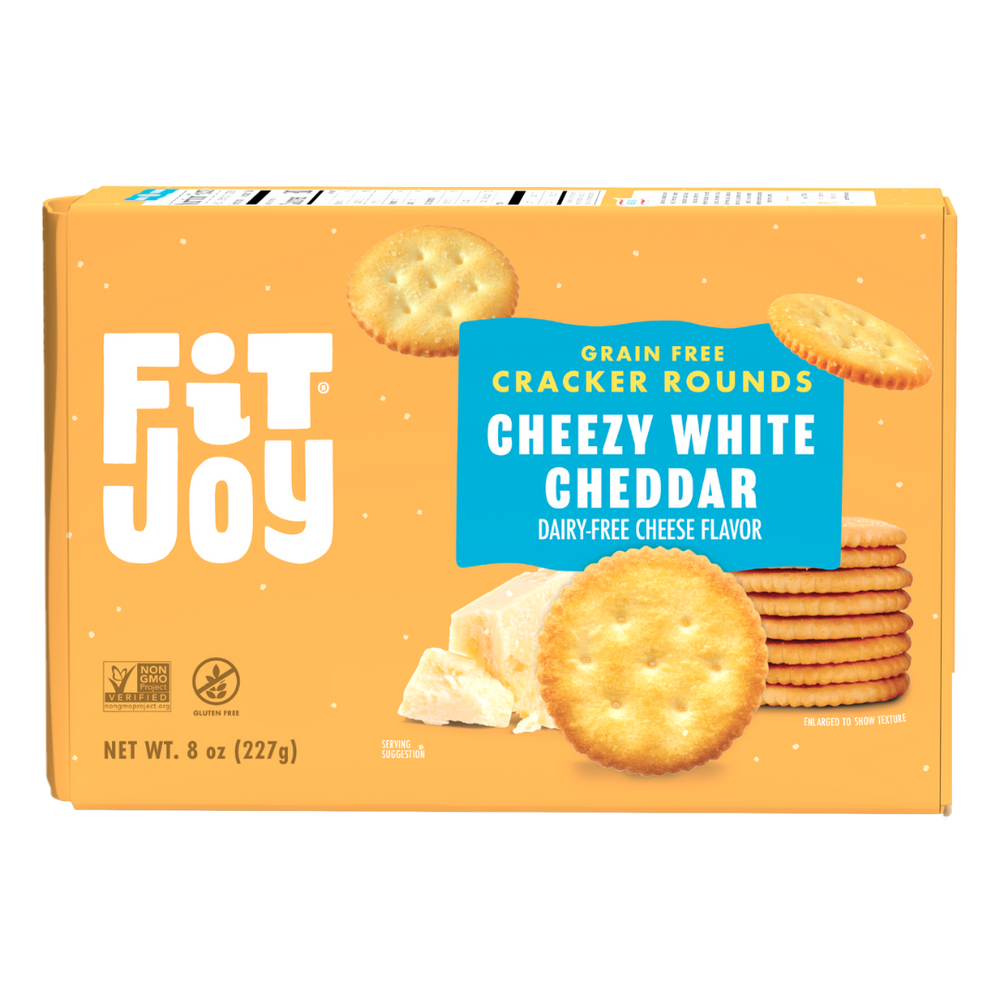3 Meals a Day Versus Snacking: A Showdown
Growing up, we were often told that a balanced diet meant three full meals a day. A lot of us were also told that skipping breakfast was a big-time mistake and that if you didn’t start your morning off with a hearty breakfast, then the rest of your day in terms of eating was already ruined!
But as eating trends like intermittent fasting and “grazing” have grown in popularity, people have started to rethink their own eating habits and question whether or not three meals a day is really the only way to a balanced diet and a healthier lifestyle.
We’re taking a closer look at the health benefits of sticking with the traditional three meals a day method, and the benefits of a more unconventional snacking approach to eating. Read on to figure out if you're the type who should graze all afternoon, or follow a stricter regimen!
Taking Cues from the French
In France and a few other European countries, the full three meals a day continues to take precedence over other types of eating habits, because meals are considered more of an event to take pleasure in and enjoy with others. Much to the annoyance of anyone who’s ever visited France, the “French Paradox” is true in that you don’t typically see overweight or unhealthy looking people walking around even though butter, bread, cheese, wine, and heavy cream sauces are all typical part of a French person’s diet!
Most French people stick strictly to three meals a day every day, with very little to no snacking in between. But when Americans think “three full meals,” it’s often a heaping plate of food, overeating, and a stomachache to follow. The key difference in the French approach to three meals is that the portions are far smaller. In a study done by a group of scientists from Philadelphia and the French research CRNS in Paris, the group found that Frenchies are served less of everything and eat less of everything. They found that though the French diet was rich in fat, Americans consume more calories, and often at a faster pace, too.

Generally, the French shop at local markets rather than big chain grocery stores, so the foods they purchase are richer in butter or cream, they usually don't contain a bunch of chemicals or artificial ingredients.
If you’ve always eaten three full meals a day but have found that you struggle with weight loss or feel generally sluggish and unhealthy, the way you’ve been eating your three meals might be responsible! Take a cue from the French and try diminishing the portions of every meal you eat, buying locally and organic, and making meals a social time to be savored at a slow and enjoyable pace!
Snacking Your Way Through the Day
On the other end of the spectrum, we have the snacking regime, the kind of eating where you tend not to get too full or too hungry because you're munching on something small like a piece of fruit or a protein bar every couple of hours. For some people, snacking through the day rather than sitting down for three larger meals isn’t necessarily a conscious decision or one made with the intention of losing weight, but rather just a method of eating that feels right for your body. For those that prefer snacking, even when they do sit down for a larger meal, it’s likely they won’t clean the plate or eat until they’re full because with snacking, you never really get to a point of being fully hungry.

When it comes to losing weight or getting in shape, eating lots of smaller meals and snacks like our grain-free pretzels throughout the day can aid in weight loss because the simple act of eating and digesting increases your resting metabolic rate, your rate being the number of calories your body burns from simple functions like breathing, talking, and even thinking. According to a study done by the National Library of Medicine, choosing a diet focused on nibbling (their subjects ate 17 snacks a day) reduced fasting serum concentrations of total cholesterol and insulin levels, which means an easier ability to lose weight, and decreased risk of heart disease and diabetes.

Another benefit for those that enjoy snacking over sitting down for three full meals is that the more frequently you snack, the less you’ll experience the kind of hunger that sees you driving through the first take-out window you spot on the way home from work. When you experience a decrease in hunger and an increase in fullness, you become more aware of when you’re actually hungry, which can potentially prevent you from overeating, and can help you to be more discerning about what you choose to put in your body should you need something more substantial than a snack.
A Mix & Match Approach
Perhaps one of the best ways to approach the sometimes overwhelming amount of eating methods and diets available to all of us is by first listening to your body and becoming aware of what makes your body feel best in terms of the frequency and volume at which you consume food. You might have a few days a week where snacking throughout the day is simply more convenient for you, but the key to making it a healthy choice is by ensuring that the snacks you choose aren’t full of artificials and are ticking the right nutrient and protein boxes to keep you from feeling lethargic or suddenly hungry as the day progresses. If there are days when you want to enjoy three full meals instead, try to avoid snacking throughout the day, aim to control your portions, and enjoy the meals you have with family and friends.

Most importantly, remember that there’s no single right way to eat day in and day out! There will always be days when you snack lightly throughout the morning, and then sit down for a larger meal at dinner, and that’s okay! Being aware of overfeeding or underfeeding your body, and monitoring the types of foods you’re nourishing your body will lie at the foundation of making either snacking or full three meals a day work as a lifestyle diet.







Leave a comment